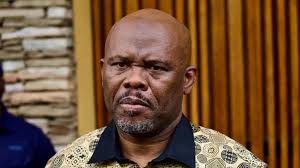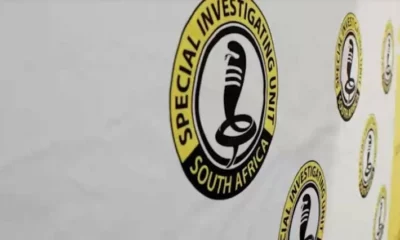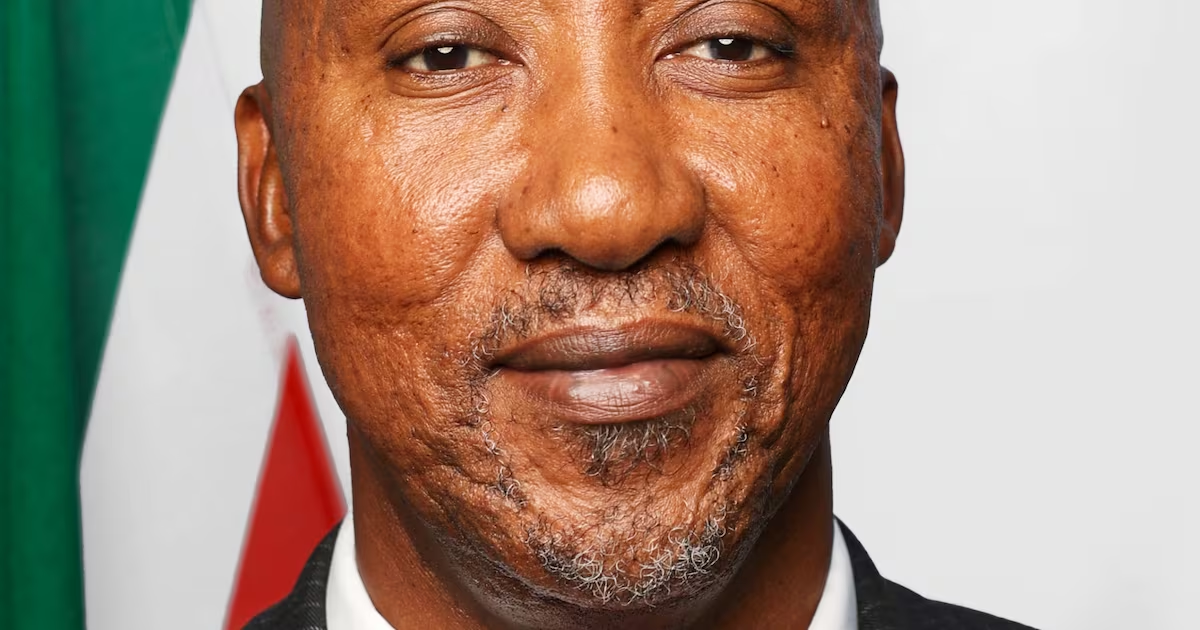Business
South Africans Get Only 5c of Value for Every Rand Paid in Tax, Economist Warns of an Unsustainable System

South Africans Paying More, Getting Less: Why Taxpayers Are Feeling Shortchanged
South Africans are paying their dues, but getting barely anything back. According to Efficient Group chief economist Dawie Roodt, taxpayers in the country are receiving just five cents of actual value for every rand they hand over to the state.
In a recent discussion on The Truth Report podcast with Renaldo Gouws, Roodt unpacked the grim reality: a shrinking tax base, ballooning social grant obligations, and state inefficiency have pushed the system to its limits.
A Few Paying for the Many
South Africa’s tax structure is heavily imbalanced. Only 978,140 people, about 1.5% of the population, contribute 60.9% of all personal income tax, while just 1,051 companies cover 72.3% of all corporate income tax.
That means a tiny fraction of individuals and businesses are effectively keeping the country running, funding education, healthcare, infrastructure, and social grants for tens of millions.
More than 28 million South Africans receive monthly social grant payments, and 1.7 million government employees draw their salaries from the same tax pool. In total, 7.9 million taxpayers are carrying nearly 30 million beneficiaries.
“It’s an impossible equation,” Roodt explained. “The people funding the system are already stretched to the limit.”
No Room to Raise Taxes and No Political Will to Cut Spending
Roodt was blunt: the government has run out of options. Increasing personal income tax would crush an already overburdened middle class, while raising VAT, the only remaining lever is politically radioactive.
“Cutting spending should be the obvious answer,” he said, “but that’s a political hot potato. Every rand is tied to some interest group or constituency.”
With fiscal tightening off the table, Roodt believes the only way out is through economic growth. Yet, that too remains out of reach as investor confidence erodes under restrictive policies such as Black Economic Empowerment (BEE) and Affirmative Action, which critics argue discourage new investment.
“For Every R1 You Pay, You Get 5c Back”
Roodt illustrated his point with a startling equation.
He calculated that a household earning R1 million a year receives less than 5% of the value they pay in taxes, five cents for every rand.
That same family, he said, is essentially subsidising around 20 other households that rely on state-provided services or grants.
And the higher a person’s income, the worse the deal becomes. “If that family’s income rises to R2 million or R3 million, the value they receive from government drops even further,” he said.
Even when Roodt assumed a scenario with zero corruption or wastage, the math didn’t add up. “We know the state wastes resources through corruption and mismanagement,” he added. “So the true value taxpayers get is probably even less than 5c.”
Why South Africans Feel Betrayed
It’s not hard to see why taxpayers are frustrated. Roads riddled with potholes, failing public hospitals, load-shedding, and crumbling schools paint a picture of a state that spends heavily but delivers little.
Across social media, the reaction to Roodt’s analysis has been one of weary agreement. Many users echoed the sentiment that the system rewards dependency over productivity. “We’re funding failure,” one Twitter user wrote. “It’s like paying for a service that doesn’t exist.”
This dissatisfaction is fueling a quiet but growing exodus. Thousands of skilled professionals and entrepreneurs are emigrating, taking their tax contributions and potential job creation with them.
Holding On to the Tax Base
Roodt’s warning is as much economic as it is existential: if South Africa continues losing its high earners and productive businesses, the remaining tax base will collapse under the weight of state obligations.
To prevent that, experts argue for a shift toward accountability, efficiency, and inclusive economic growth, not through more taxation, but through better governance.
“Every economy reaches a point where you can’t tax your way to recovery,” Roodt said. “You have to grow your way out of it.”
South Africans are paying premium rates for subpar returns. And while the frustration is justified, the bigger crisis is structural, too few are carrying too many, while too much of what’s collected is lost to waste and corruption.
Until the state rebuilds trust by delivering visible value for every rand, South Africa’s taxpayers will keep asking the same question: Where is my money really going?
{Source: BusinessTech}
Follow Joburg ETC on Facebook, Twitter , TikTok and Instagram
For more News in Johannesburg, visit joburgetc.com
























